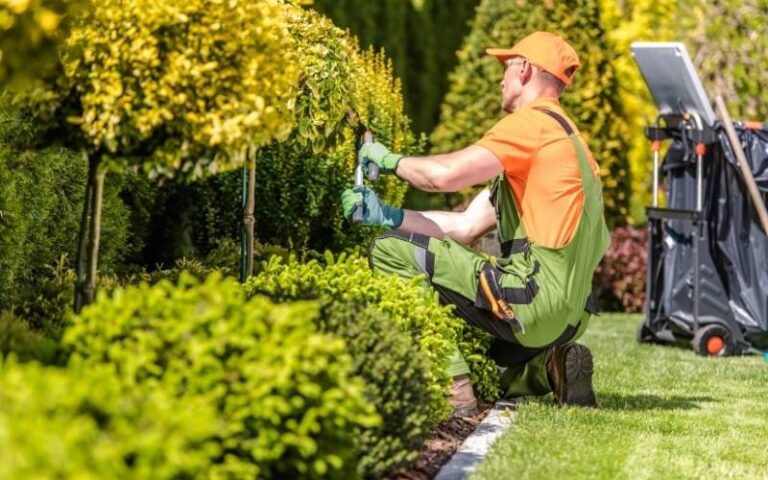Water leaks can happen in any home, but it’s not just the plumbing issue that should worry you. When left unaddressed, leaks can quickly turn into a bigger problem: mold growth. Mold doesn’t take long to settle in, especially in dark, damp places, so understanding the relationship between plumbing leaks and mold is key to keeping your home safe. Here’s what you need to know about how fast mold can start to grow, why it’s dangerous, and what to do if you suspect a leak.
How Fast Can Mold Grow from a Leak?
The short answer? Not long at all. Mold can start growing within 24 to 48 hours of a leak if conditions are right. Mold spores are everywhere, just waiting for a bit of moisture and the right temperature to settle and spread. Warm, humid areas are prime spots for mold, making spaces around leaky pipes perfect for rapid growth.
Even if you only notice a small leak or damp area, it’s essential to take action immediately. Mold can grow on wood, drywall, carpets, and even in your HVAC system, causing damage that’s both hard to spot and difficult to clean up.
Why Mold from Plumbing Leaks Is a Big Deal
Mold isn’t just an eyesore—it’s a health hazard, especially for people with allergies, asthma, or weakened immune systems. The spores can cause respiratory issues, skin irritation, and other health concerns. Beyond health risks, mold can weaken the structure of your home by breaking down walls, floors, and ceilings. The longer it goes untreated, the worse the damage becomes, leading to expensive repairs.
Common Places Where Leaks Cause Mold
Some of the most common areas where mold develops from leaks include:
- Under sinks: Even a slow drip under your kitchen or bathroom sink can lead to mold growth if it’s not fixed.
- Behind walls: Leaks inside walls are particularly concerning because they’re harder to detect until the mold has already spread.
- Around showers or tubs: Moisture and warmth around the shower create a mold-friendly environment.
- In basements: Since basements are often damp and may have hidden plumbing, leaks here can go unnoticed for longer.
What To Do If You Suspect a Leak
If you notice any signs of water damage, discoloration on walls, or even a musty smell, it’s time to act. Here’s a quick guide:
- Locate and stop the leak: Identify where the water is coming from and shut off the water supply if necessary.
- Dry out the area: Use fans and dehumidifiers to reduce moisture and dry the space as quickly as possible.
- Inspect for mold: Look for visible mold, but keep in mind that mold can also be hidden. Mold might not always be easy to see, especially if it’s inside walls.
- Call a professional: A reliable Plumbing Company in Commerce City, CO or a mold remediation specialist can help locate hidden mold and fix leaks to prevent it from spreading further.
How to Prevent Mold Growth from Plumbing Leaks
While some leaks are unavoidable, there are steps you can take to reduce the risk of mold growth:
- Inspect your plumbing regularly: Check under sinks, around water heaters, and any other spots where plumbing is exposed.
- Control humidity: Keep your home’s humidity levels between 30% and 50% to prevent moisture from building up.
- Address leaks quickly: Don’t wait to fix even the smallest leak; the sooner you tackle it, the lower the risk of mold.
Don’t Wait—Stop Mold Before It Starts
Mold can be a costly and time-consuming issue to address, but quick action after a plumbing leak can help you avoid it altogether. If you have a leak, calling a Plumbing Company in Commerce City, CO is one of the best ways to get it taken care of fast, reducing the chance of mold and keeping your home safe. Remember, mold doesn’t need long to start growing, but you have the power to stop it in its tracks, click here to get more ideas



